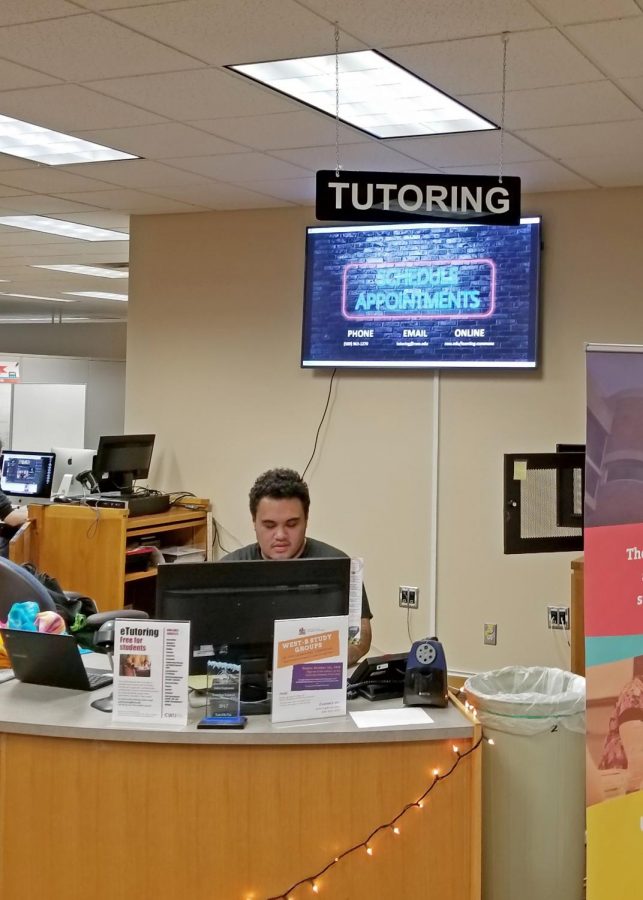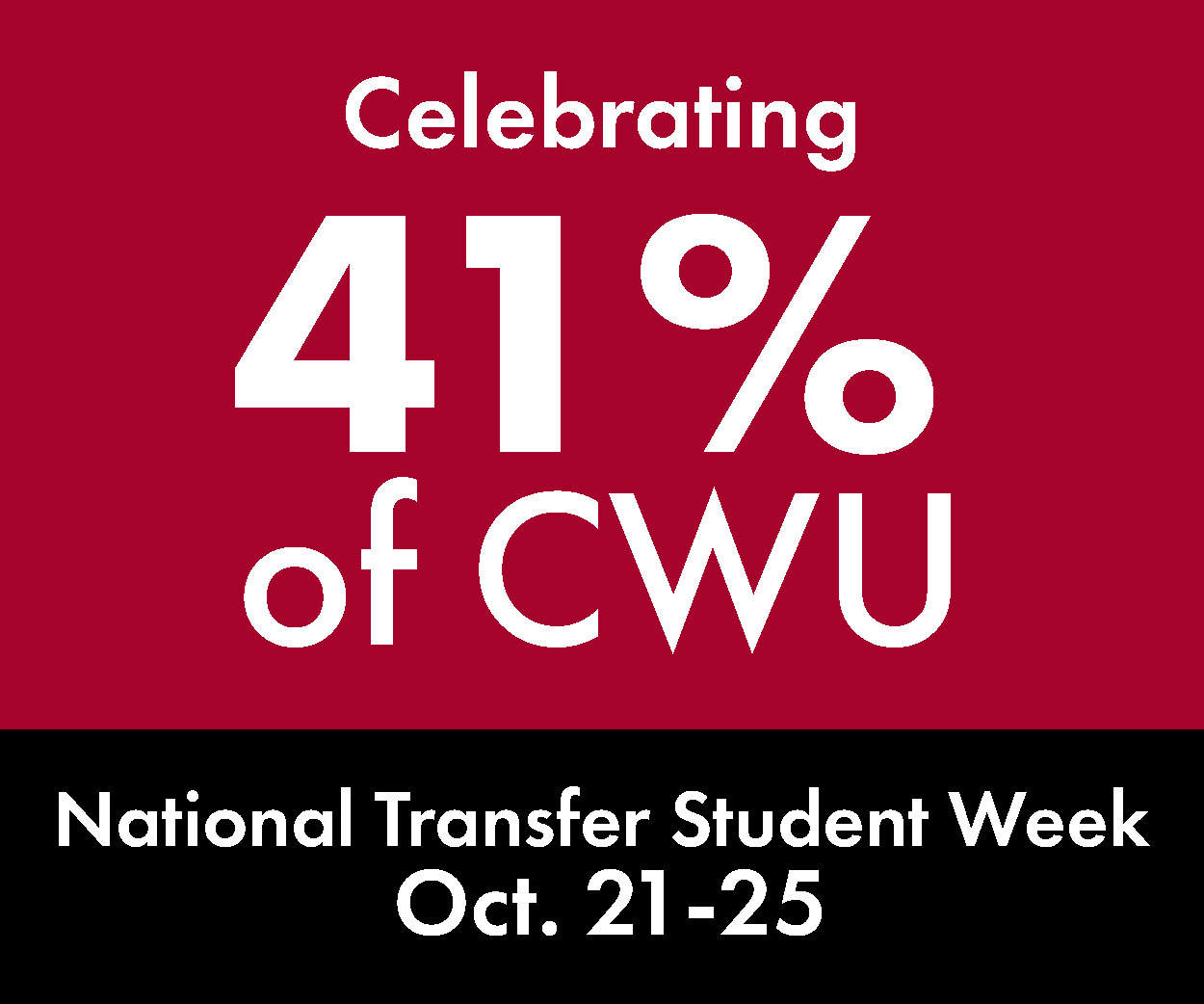Learning Commons Innovative Tutoring plans for students
Front Desk Office Assistant Sione Sausau helps students check in for tutoring.
November 10, 2018
One of the most important things for any college student is to know how and where to get help in their classes. Tutors can help students excel in courses by maintaining proficiency, but they can also be a lifesaver by pulling a student who is on the brink of failure back to a passing grade.
Since 2008, all students who attend CWU have had a $5 mandatory fee charged per quarter. The fees are then put into a fund that provides all students with math and writing tutoring.
“We are paying tutors minimum wage, but we are using every penny of the tutoring quarterly budget that we bring in every year for revenue, minus the administration fee that every fee-based budget has to pay,” Director of Learning Commons Katherine Boswell said.
CWU is looking for new ways to provide help and accommodations for the consistent increase of admitted students each year. The goal is to find and utilize efficient ways to provide help for students in challenging courses.
According to the Assistant Director of Learning Commons Andrew Richards, faculty member in the learning commons are looking for new ways to distribute the quarterly funds for tutoring services to provide the best outcomes for student success in challenging courses.
Peer-Assisted Learning (PALs) are tutoring groups that are focused on specific courses and sections that have been noted as difficult by CWU faculty, helping students practice positive study habits, learn new study strategies, get to know their classmates and strengthen their understanding of class content. PALs were first initiated in 2015.
PALs group tutoring consist of math, physics and chemistry courses that are in high need of tutors. The group-focused tutors are CWU students that completed a specific course with a 3.2 grade or higher. These tutors meet with the faculty members each week to build a better understanding for the material that is taught during that week.
Students then meet in tutoring groups related to the courses for about 50 minutes twice a week, led by the group focused tutor.
“Since the first launch of PALs in 2015, we’ve been trying to gear it more towards a supplemental instruction model because for the last four decades has had extensive research that says it’s the most effective model for student learning,” Boswell said.
Consortium is an adapted online tutoring component that is in its first-year use this fall quarter. The program is compiled from a network of every community college in Washington along with 4-year institutions (EWU and WSU).
According to Boswell, the goal for CWU is to be able to support students who don’t have the opportunity for in-person tutoring, and for the past few years we’ve had online tutoring that hasn’t been the best, so this past year we negotiated with e-tutoring Consortium.
PALs tutoring and Consortium online tutoring are both funded from the same $5 mandatory fee that every student is charged quarterly. However, minimum wage will be increasing to $12 per hour which would make funding for tutoring scarce.
“We have been specifically looking at ways that we can make sure that we are using funds in the best way possible and being the most accountable to the revenue we bring in,” Boswell said. “we’re looking for the highest student need and we are targeting our funds according to that.”


